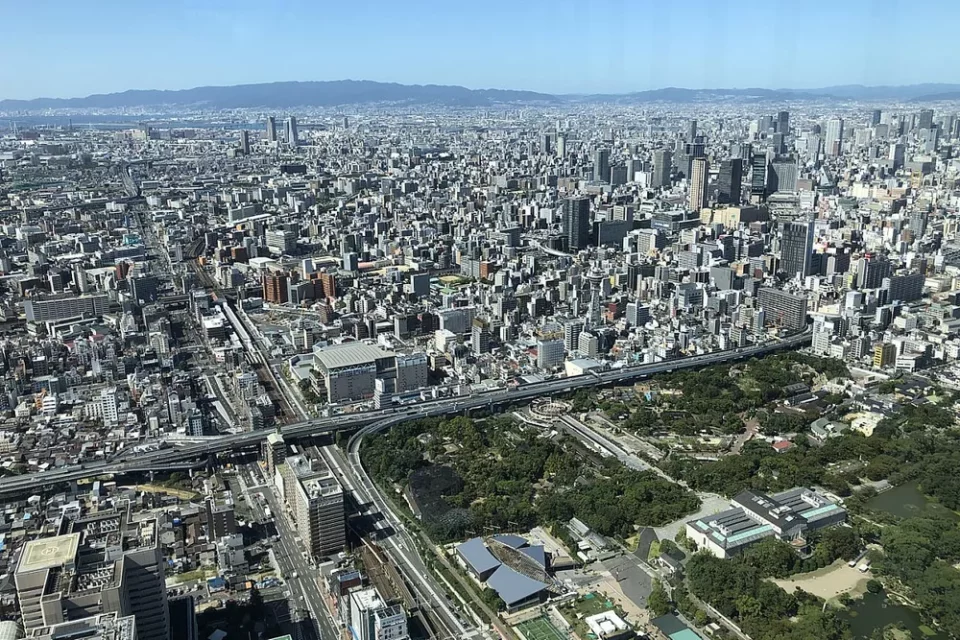Osaka details F1 project and denies wanting to replace Suzuka: “Having two races in Japan would be great” Liberty Media’s pursuit of placing Formula 1 events in tourist destinations continued this week with the announcement of the Spanish Grand Prix relocating to Madrid. Alongside new races in Jeddah, Miami, and Las Vegas, this addition showcases the clear trajectory of the sport at the moment.
With the Madrid agreement solidified, immediate attention turned to potential new candidates—with an intriguing project emerging in Osaka, Japan. Rumors have circulated for months that the country’s third-largest city is preparing its bid, and now plans have been confirmed, with the government seeking to assess what would be required for this endeavor.
Osaka’s tourism chief, Hiroshi Mizohata, formally announced the city’s intention to become an F1 candidate, and a representative from the organization spoke exclusively to Motorsport.com about the project, which included a delegation’s visit to last year’s Singapore Grand Prix.
“F1 would be a perfect catalyst to make Osaka an international tourist destination,” said the tourism department member. “To achieve this, it’s important to attract affluent individuals from Europe, America, and Australia.”
“We also believe that F1 will be the perfect catalyst for attracting luxury hotels and the revitalization of the nightlife economy.” “I attended the Singapore Grand Prix, and it was very different from the image I had of F1. There were live events, business meetings for luxury brands in nearby hotels…”.
Although Osaka’s project is in its early stages, with no formal negotiations on a contract, it has been reported that there has already been preliminary contact with F1 about the idea, encouraging them to pursue it. A final location for the race has not yet been agreed upon, with the Osaka government considering various options.
This could mean a street circuit, a permanent racetrack near the city, or a hybrid style like Madrid around the Osaka Expo on Yumeshima Island, set to be completed in 2025.
A financial factor to consider is how Osaka evaluates obtaining a better return on investment, which is expected to come more from private funds than taxes.
“The circuit itself may be challenging to become profitable, but if you consider the economic impact on the entire city, I think there is potential. At this point, I cannot say how many years our goal is, but I believe it will be a long-term plan.” “I heard that Singapore took years before hosting the first event, so I don’t think it will be quick. But if we have a chance, we will try.”
The evolution of Osaka’s program naturally raises questions about the future of the current home of the Japanese Grand Prix—Suzuka—just as Madrid has raised uncertainties about Barcelona’s continued presence on the calendar. However, Osaka wants to make it clear that its event would be complementary to Suzuka, not a replacement.
“Our goal is to have coexistence and mutual prosperity with Suzuka. I think it would be great to have two races in Japan, which is an industry powerhouse.”

